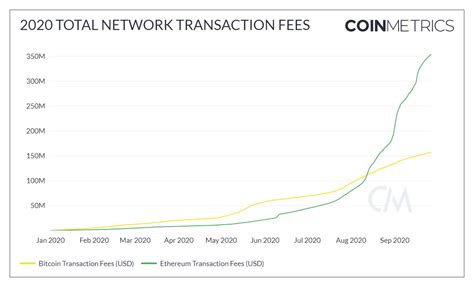Ethereum: Who Gets Bitcoin Transaction Fees?
Ethereum: Who Gets Bitcoin Transaction Fees?
Bitcoin transaction fees have become a key aspect of the digital currency ecosystem. These fees can vary significantly depending on how transactions are processed and which exchange or wallet is involved. In this article, we’ll look at who receives these fees and what factors influence them.
How Much Are Bitcoin Transaction Fees?
Transaction fees refer to the amount of money charged for each bitcoin transaction. They are calculated based on the balance of the recipient and the balance of the sender at the time of the transaction. The fees help cover the costs associated with processing transactions, such as network congestion, transaction complexity, and exchange rates.
Who Gets Bitcoin Transaction Fees?
The fees collected by exchanges and wallets can go towards a variety of purposes:
- Exchange Fees: Exchanges like Coinbase, Binance, and Kraken charge a small fee for each bitcoin transaction. This fee is usually minimal, around 0.0005-0.001% of the total amount being transferred.
- Wallet Fees: Wallets like Electrum, MetaMask, and Trust Wallet also charge transaction processing fees. These fees can range from 0.0001-0.01% of the total amount sent or received.
- Network Fees: The Ethereum core network itself charges a small fee for validating transactions and maintaining its decentralized consensus mechanism. This fee is usually minimal, around 0.001-0.005% of the total amount being transferred.
Factors Affecting Bitcoin Transaction Fees
Several factors can affect the fees associated with Bitcoin transactions:
- Network Congestion: When the network is congested, transaction processing times increase, resulting in higher fees.
- Transaction Complexity: Complex transactions, such as those involving multiple signatures or large amounts, require more computing power and can result in higher fees.
- Balancing Balances

: Exchanges and wallets must balance the sender’s and receiver’s balances for each transaction. This process can be time-consuming and result in higher fees due to the complexity of these calculations.
Conclusion
Bitcoin transaction fees are a key aspect of the digital currency ecosystem. While exchanges and wallets collect a significant portion of these fees, it is not uncommon for them to pass on only a small percentage to the sender and receiver. To reduce fees, users can consider the following:
- Using high-bandwidth connections or multiple networks
- Choosing lower fees or wallet services with more favorable fee structures
- Setting up automatic payment schedules for regular transactions
By understanding who receives Bitcoin transaction fees and how they are affected by various factors, we can better navigate the digital currency landscape.
